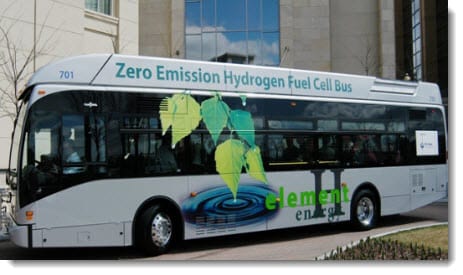
Wind energy transportation problem may soon be solved
December 15, 2012University of Houston wins new funding for energy transportation project
Researchers from the University of Houston in Texas have won more funding for an ambitious wind energy project that is purported to cost some $4 million. The project is certainly ambitious, as researchers claim that it will solve a key problem that has been plaguing wind energy for several years. This problem involved energy transportation and how this transportation is often disrupted by the magnetic field that it produced by wind turbines. New funding for the project has come from the Department of Energy, which is keenly interested in finding a solution to this problem. To date, the agency has invested $3.1 million in the project, not counting the $900,000 it has just awarded to the University of Houston.
Wind energy transportation proves to be a tricky problem because of wind turbines
Energy transportation is typically achieved through wires made of superconducting materials. These wires can transport an electrical current without having to overcome any kind of resistance. These wires are widely used throughout the energy business, and have become ideal candidates for transporting wind energy, especially that which is generated at offshore wind farms. The problem, however, is that the magnetic field that wind turbines create generates interference in superconducting wires, making their performance much weaker than other forms of energy transportation.
Solution may reside in new superconducting wires
Researchers from the University of Houston have been working on an alternative, which is currently embodied by a high-temperature superconducting wire that has proven resilient to the influences of magnetic fields. Though researchers have made promising progress, their ultimate goal remains to find a cost-effective solution to the problem of energy transportation. Thus far, scientists have managed to see major boosts in performance of their superconducting wire, but whether it can compete with the cost of traditional solutions has yet to be seen.
Promising progress pushing funding ahead of schedule
The three-year project from the University of Houston has outpaced the expectations of scientists and the federal government. Researchers are well on track to increasing the performance of their superconducting wire by 50% by the end of this year. Endgame predictions suggest that researchers have an overall aim of increasing performance by 400%. The progress the university has made spurred the Department of Energy to push funding through ahead of schedule, a move that was supported by ARPA-E.



 With over 15 years of reporting hydrogen news, we are your premier source for the latest updates and insights in hydrogen and renewable energy.
With over 15 years of reporting hydrogen news, we are your premier source for the latest updates and insights in hydrogen and renewable energy.